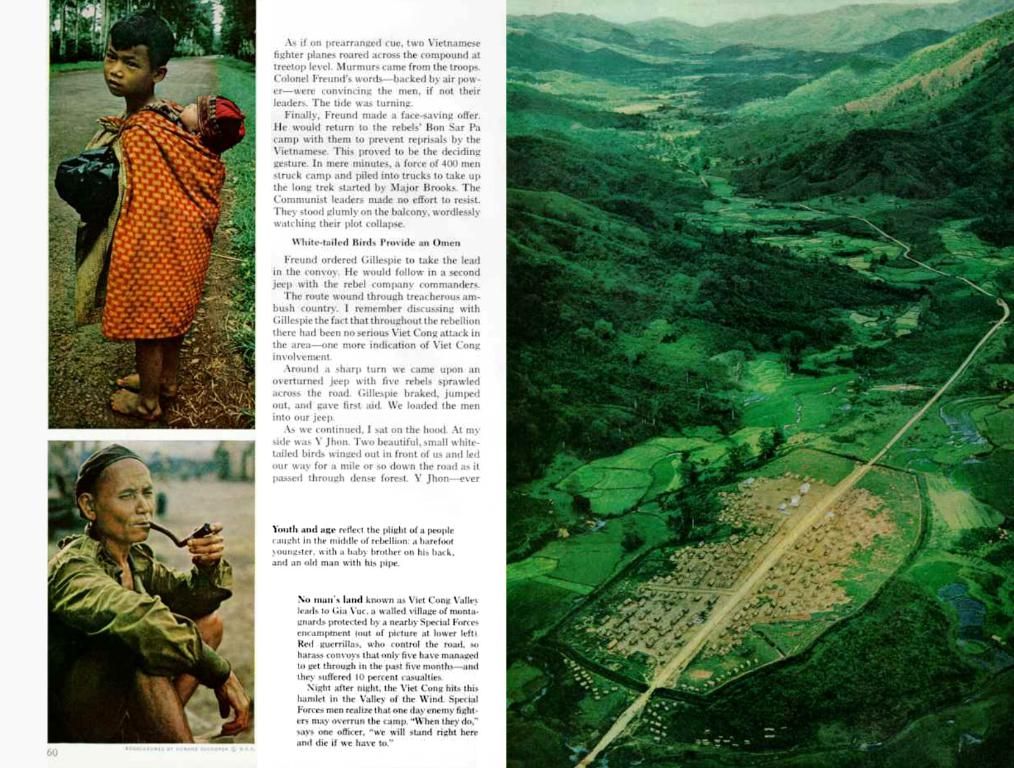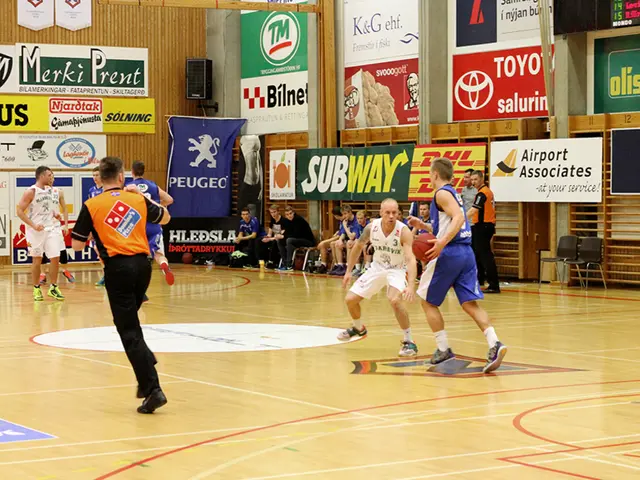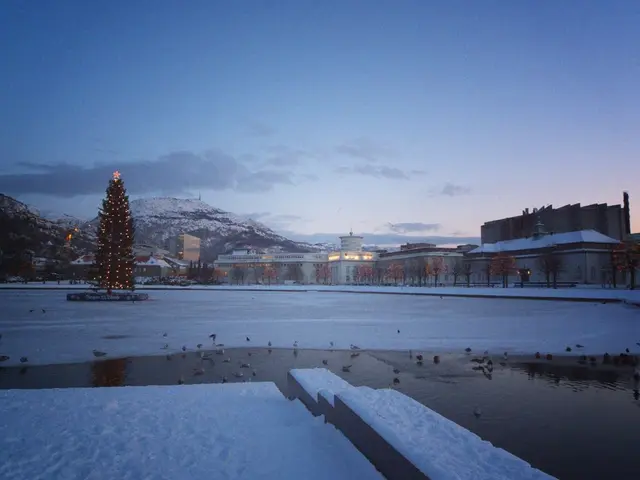A Wave of Eagerness: Unraveling the Motives behind World War I Volunteers
Hurrying to Battlefronts: Exploring the Motivations Behind the Mass Enlistments in World War I
When war broke out between Britain and Germany in August 1914, a whirlwind of enthusiasm swept across the nation and much of Europe. Young men flocked to join the fight in droves, driven by an intricate blend of patriotism, camaraderie, social dynamics, and economic influences, all stirred by carefully orchestrated propaganda.
Let's peel back the layers of this intriguing phenomenon, understanding the why behind the eager volunteers who embarked on a journey they thought would be a grand adventure—a noble sacrifices worthy of their all.
Motives, Motives, Motives
- Jingoism and Allegiance:
- The connection and loyalty many countries, such as Australia and Canada, felt toward Britain were strong. The emotion of defending "the old country" was a powerful pull, especially for those with a storied British heritage.
- Excitement and Adventure:
- The prospects of experiencing foreign lands and participating in history-making events captivated young men, who may have otherwise led rather placid lives before the conflict.
- Financial Affairs:
- In difficult economic times, the steady pay offered by the military became an attractive temptation for those who struggled to secure employment.
- Community and Family Expectations:
- Social pressures to enlist were immense, as communities and families alike urged young men to answer the call of duty. In certain cases, families also made the difficult decision to send one son to war while keeping another at home.
- Historical and Cultural Traditions:
- In some cultures, such as among Indigenous peoples in Canada, military service held significant historical meaning. This connection helped steer many toward enlistment to stand alongside allies from past battles.
Factors Fueling Excitement
- Nationalism and Manipulation:
- Wartime propaganda championed the importance of national security, drumming up support and glorifying military service. Government and media outlets played a critical role in perpetuating this enthusiasm.
- Unexpected assumptions:
- Initially, many believed the war would end quickly, creating a sense of adventure rather than impending danger. The idea of proving themselves in battle instead of slogging through mud and blood for an indeterminate amount of time appealed to many young men.
- Social Status and Identity:
- Enlisting in the military was seen as a rate of passage or a means to gain status within communities. Unions, like the AFL in the United States, even actively encouraged enlistment, bolstering the social pressure to join.
As the grim truths of trench warfare came to light, the motivation for volunteering shifted from adventure to duty and loyalty. The brave volunteers who enlisted became inexorably linked to a pivotal moment in history, their stories standing as testaments to the complexities and contradictions of the human spirit.
References:
- Queer Friendly Military Units Throughout History
- The Allure of Adventure: Factors Driving Enlistment in World War I
- The Power of Propaganda: How Governments Motivated Soldiers during World War I
- Economic Factors and Enlistment during World War I
- Historical Milestones: Indigenous Peoples and Military Service
- The connection and loyalty many Canadians felt toward Britain were strong, creating a pull towards volunteering more so for those with a British heritage.
- For many young men, the prospect of experiencing foreign lands and participating in history-making events during World War I was a captivating allure.
- Economic struggles left the steady pay offered by the military an attractive temptation for unemployed young men during difficult times.
- Community and family pressures to enlist were immense, as communities and families alike urged young men to answer the call of duty.
- In some cultures, such as among Indigenous peoples in Canada, military service held significant historical meaning, influencing the decision to enlist and stand alongside past allies.
- Wartime propaganda glorified military service and championed the importance of national security, further fueling the eagerness to volunteer during World War I.








